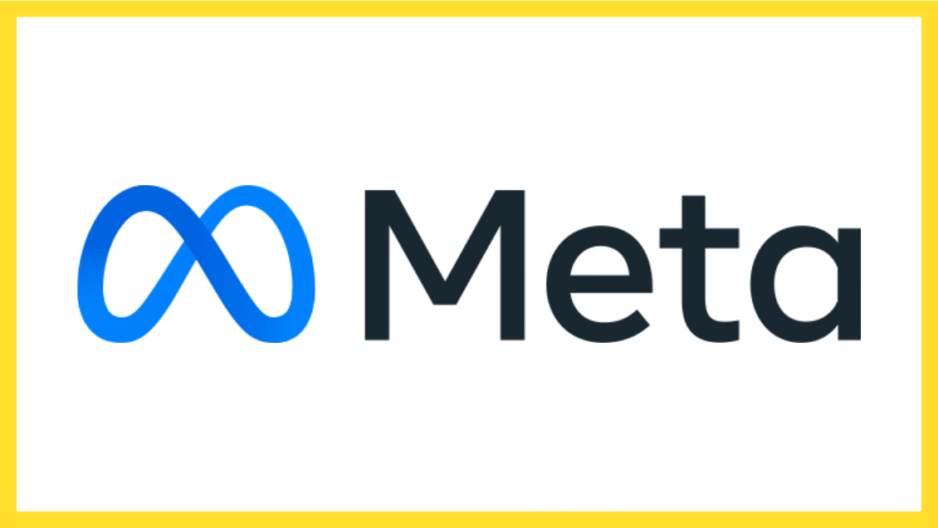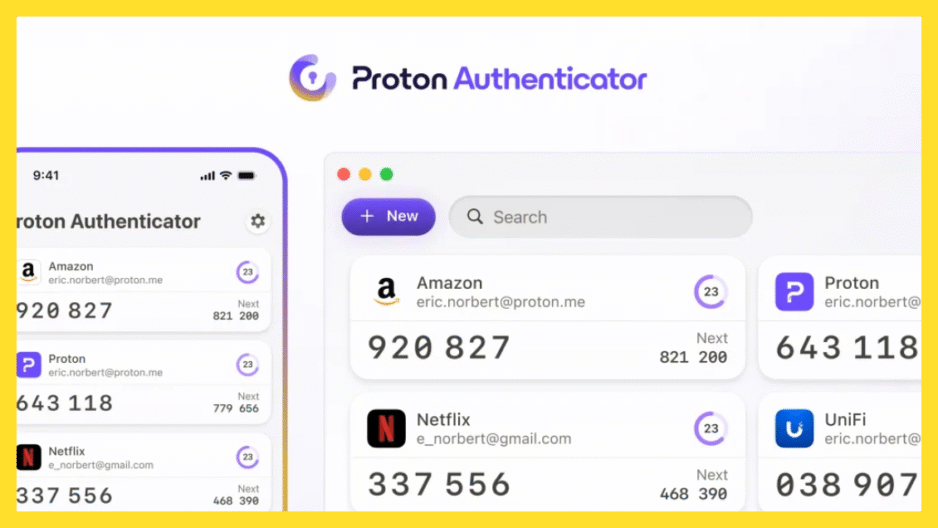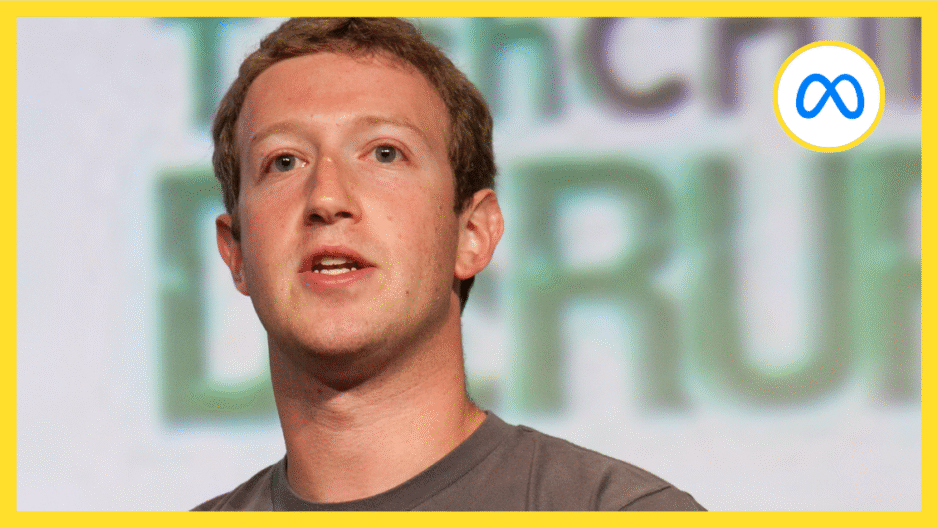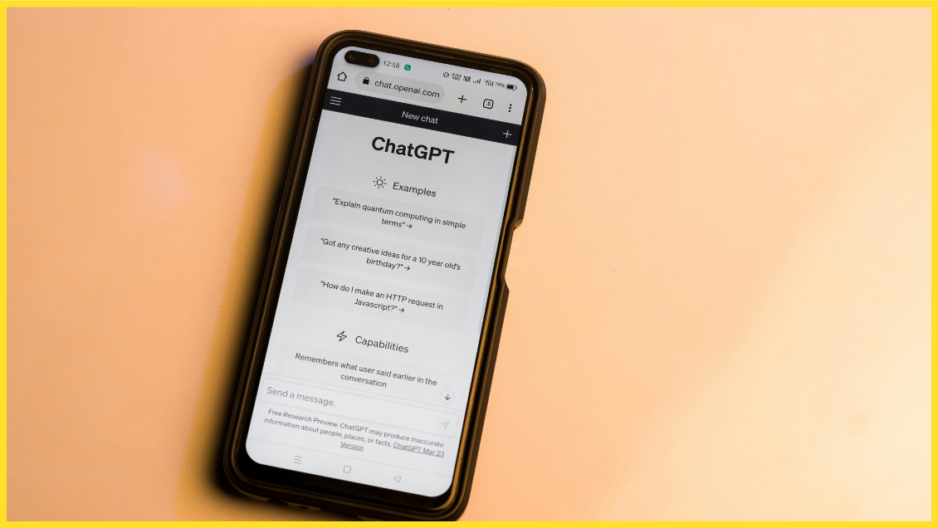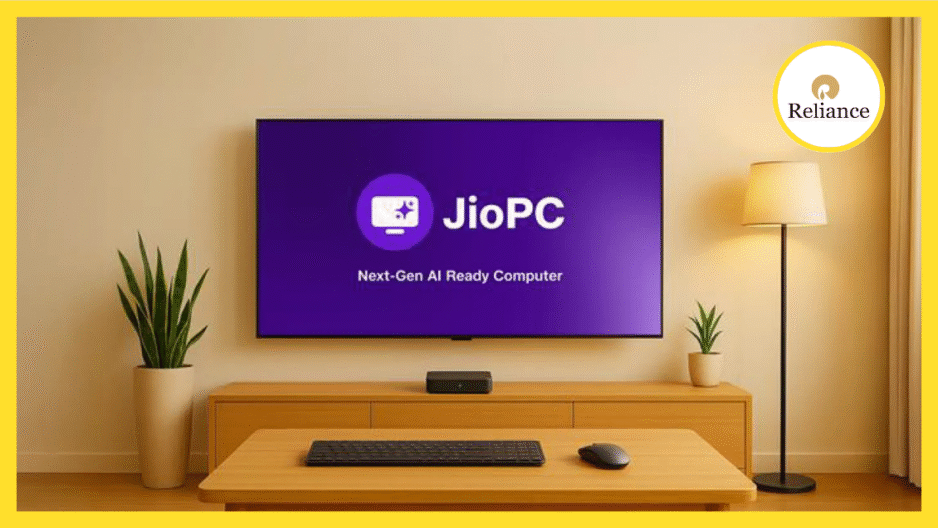Google has launched Gemini 2.5 Deep Think, its most advanced multi-agent AI model, exclusively for AI Ultra subscribers. Priced at $249.99/month, Deep Think sets a new benchmark in parallel reasoning, outperforming OpenAI and xAI on tests like Humanity’s Last Exam and LiveCodeBench V6. The model’s unique parallel thinking allows it to explore multiple solutions at once, boosting problem-solving power, especially in math and coding challenges. While a research variant won gold at the 2025 International Mathematical Olympiad, the consumer version delivers faster, bronze-level performance on similar tasks.
Read more: TechCrunch


